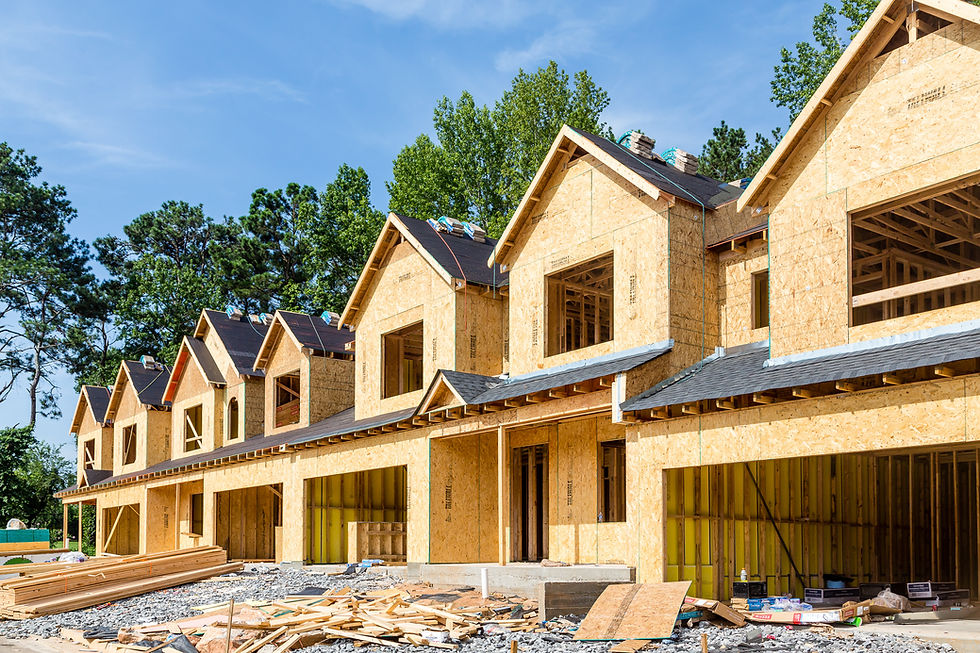Demand for homes in Maine skyrocketed in response to the pandemic, bringing us to the peak of a housing crisis that experts say has stretched over a decade.
Meanwhile, the supply of affordable housing available to Mainers has dwindled while property tax rates have spiked. According to the Maine Affordable Housing Coalition, 1 in 5 Maine renters pay more than half their income toward housing costs, and, for every family living in an affordable, federally subsidized unit, nearly three families are on a waiting list. Experts estimate that the state currently lacks about 20,000 affordable housing units, and the state builds an average of just 230 units per year. At that rate, even if demand stayed the same, it would take 87 years to cover the shortage.

These are the circumstances that led House Speaker Ryan Fecteau to take action. During the 2021 legislative session, Speaker Fecteau introduced an emergency measure to create a commission to tackle the housing crisis in Maine. The 15-person bipartisan commission was tasked to review data on housing shortages in the State for low-income and middle-income households, state laws that affect the local regulation of housing and zoning laws, and efforts in other states and municipalities to address housing shortages. Using this data, the Commission proposed measures that would encourage increased housing options in the State, with an examination of the historical role of race and racism in zoning policies and the best measures to ensure that new zoning laws do not serve as barriers to racial equality.
The Commission’s final report and recommendations were released earlier this month. Some of the highlights:
Allowing accessory dwelling units (ADUs) in all places currently zoned for single-family homes;
Eliminating single-family zoning restrictions in all the state’s residential zones by allowing up to four residential units on all lots, giving municipalities time to adjust zoning laws accordingly;
Banning municipal caps on housing; and
Providing state-level technical and financial assistance to communities looking to make zoning improvements and identify opportunities to increase affordable housing.
“We know Mainers are facing an affordable housing crisis. In too many municipalities, a web of various zoning and land use ordinances and state laws, some decades old, are preventing sensible affordable housing projects — big and small — from coming to fruition,” said Speaker Fecteau in a statement to the press. “Our commission was thoughtful about how Maine can grow the supply of housing through new construction and how we can incentivize the revitalization of buildings and housing stock that already exists across Maine.”
Mainers for Working Families applauds the members of the Commission to Increase Housing Opportunities in Maine. Every Mainer deserves a safe, affordable roof over their head, and with the work of this Commission, we’re on our way.


Comments